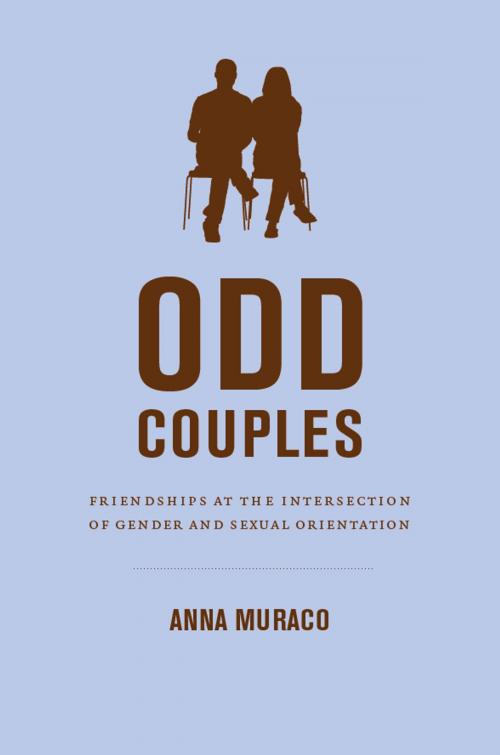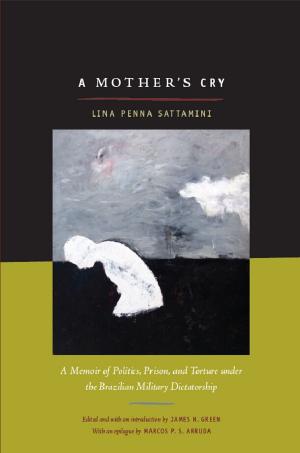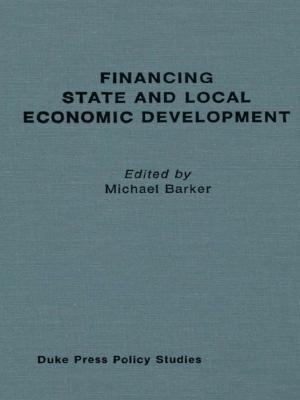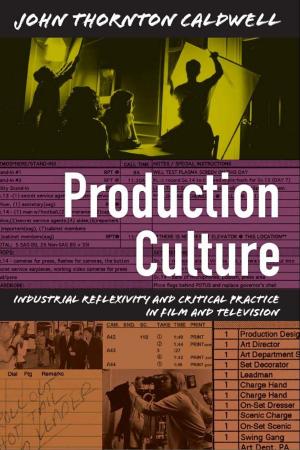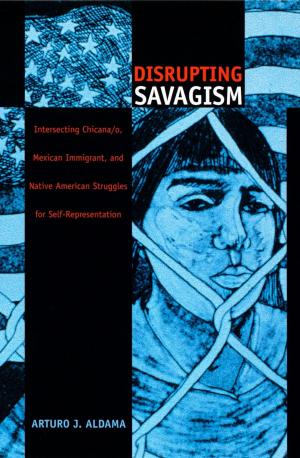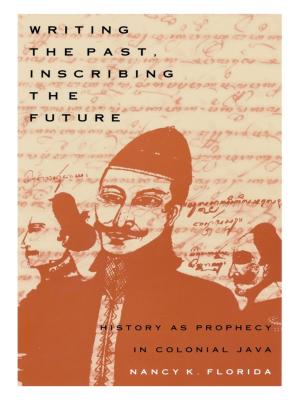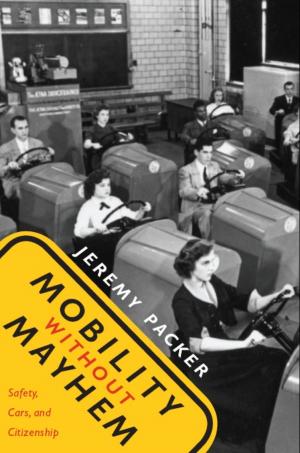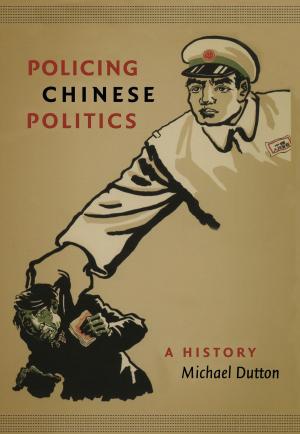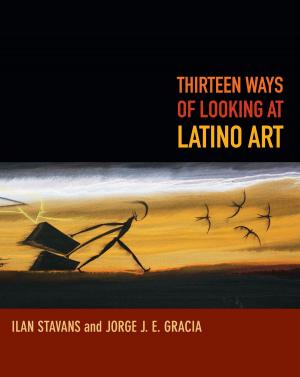Odd Couples
Friendships at the Intersection of Gender and Sexual Orientation
Nonfiction, Social & Cultural Studies, Social Science, Gender Studies, Gay Studies, Sociology| Author: | Anna Muraco | ISBN: | 9780822395119 |
| Publisher: | Duke University Press | Publication: | April 30, 2012 |
| Imprint: | Duke University Press Books | Language: | English |
| Author: | Anna Muraco |
| ISBN: | 9780822395119 |
| Publisher: | Duke University Press |
| Publication: | April 30, 2012 |
| Imprint: | Duke University Press Books |
| Language: | English |
Odd Couples examines friendships between gay men and straight women, and also between lesbians and straight men, and shows how these "intersectional" friendships serve as a barometer for shifting social norms, particularly regarding gender and sexual orientation. Based on author Anna Muraco's interviews, the work challenges two widespread assumptions: that men and women are fundamentally different and that men and women can only forge significant bonds within romantic relationships. Intersectional friendships challenge a variety of social norms, Muraco says, including the limited roles that men and women are expected to play in one another's lives. Each chapter uses these boundary-crossing relationships to highlight how key social constructs such as family, politics, gender, and sexuality shape everyday interactions. Friendship itself—whether intersectional or not—becomes the center of the analysis, taking its place as an important influence on the social behavior of adults.
Odd Couples examines friendships between gay men and straight women, and also between lesbians and straight men, and shows how these "intersectional" friendships serve as a barometer for shifting social norms, particularly regarding gender and sexual orientation. Based on author Anna Muraco's interviews, the work challenges two widespread assumptions: that men and women are fundamentally different and that men and women can only forge significant bonds within romantic relationships. Intersectional friendships challenge a variety of social norms, Muraco says, including the limited roles that men and women are expected to play in one another's lives. Each chapter uses these boundary-crossing relationships to highlight how key social constructs such as family, politics, gender, and sexuality shape everyday interactions. Friendship itself—whether intersectional or not—becomes the center of the analysis, taking its place as an important influence on the social behavior of adults.
